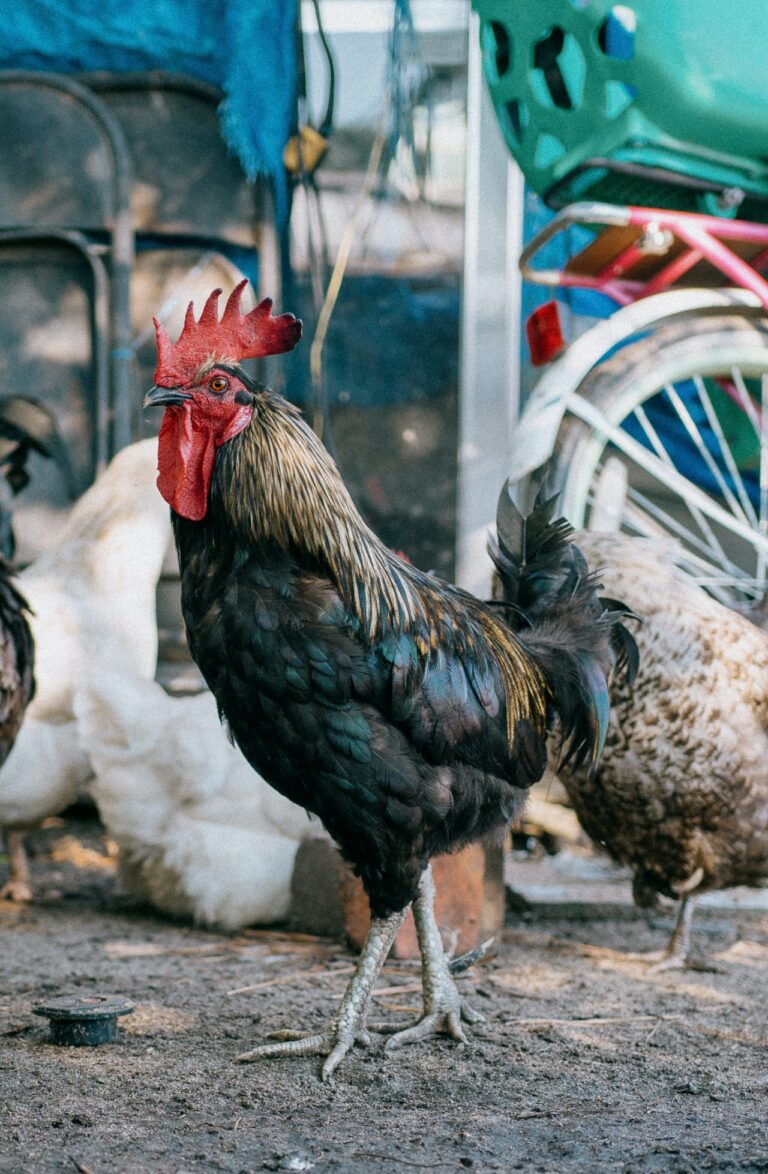What is the legal status of cockfighting in Belize?
In Belize, cockfighting is considered an illegal activity. The country has animal welfare laws in place, which are meant to protect all animals, including roosters, from unnecessary suffering and harm. Despite being illegal, cockfighting is still practiced in some rural areas of Belize, where it is considered a cultural tradition.
Can you give a brief overview of cockfighting in Belize?
Cockfighting in Belize is an underground activity, with events typically held in secret locations to avoid detection by law enforcement. The fights usually take place in makeshift arenas, where spectators gather to watch and bet on the outcome of the matches. Roosters are bred and trained specifically for fighting, with their natural spurs often being replaced by sharp blades to increase the likelihood of inflicting severe injuries on their opponents. Fights can last for several minutes, and often result in the death or serious injury of one or both birds.
Despite being illegal and widely condemned by animal rights organizations, cockfighting continues to be practiced in some rural communities in Belize, where it is considered a cultural tradition and an important social event. It is also seen as a source of income for some individuals, who breed and train roosters for fighting and bet on the outcomes of the matches.
What is the local term for cockfighting in Belize?
The local term for cockfighting in Belize is pelea de gallos, which is a Spanish phrase that translates to fight of the roosters in English. This term is commonly used in many Latin American countries where cockfighting is still practiced, despite its illegality.
What are the penalties and enforcement measures for cockfighting in Belize?
Under Belize’s animal welfare laws, individuals found participating in, organizing, or facilitating cockfighting events can face penalties, including fines and imprisonment. Specifically, the penalties include:
- Fines: Individuals convicted of participating in or organizing cockfighting events can be fined up to $500.
- Imprisonment: In addition to fines, individuals may also face imprisonment for up to six months for their involvement in cockfighting.
- Confiscation of birds: Law enforcement officials are authorized to confiscate any birds involved in cockfighting, as well as any equipment used in the activity.
Despite these penalties, enforcement of the laws against cockfighting can be challenging due to the secretive nature of the events and the cultural acceptance of the practice in some rural communities.
The government of Belize has enacted laws and regulations aimed at protecting animals from cruelty and unnecessary suffering, including the Belize Animal Protection Act. This act specifically prohibits activities that cause unnecessary pain or suffering to animals, such as cockfighting. In addition to the national laws, some local municipalities in Belize have also implemented their own regulations and bylaws to address animal welfare issues, including cockfighting.
While the laws and regulations are in place to protect animals and prevent cruel practices like cockfighting, enforcement can be difficult due to limited resources and the secretive nature of the events. Public awareness campaigns and education initiatives by animal welfare organizations, as well as continued efforts by law enforcement, are crucial to reducing the prevalence of cockfighting in Belize.
